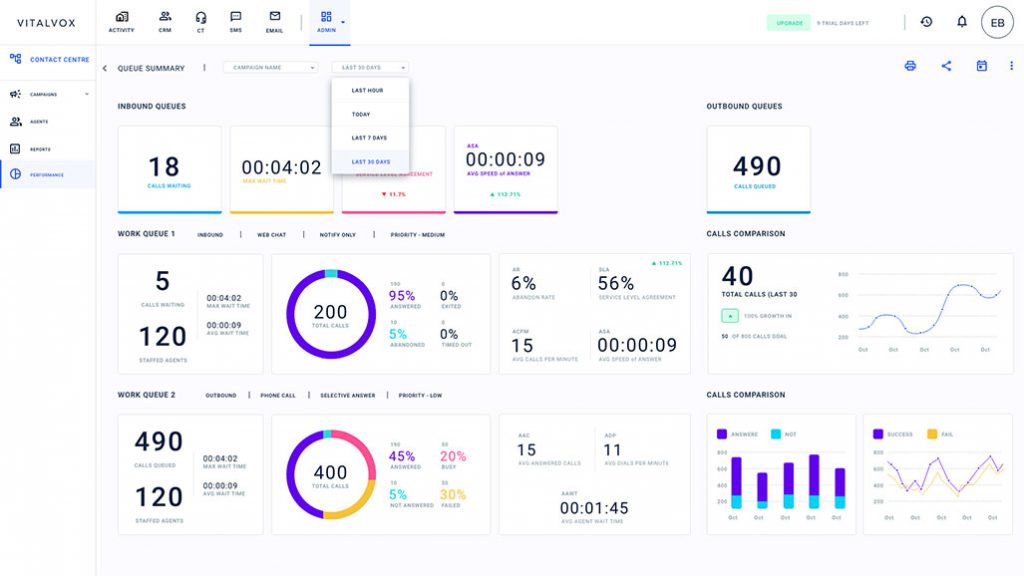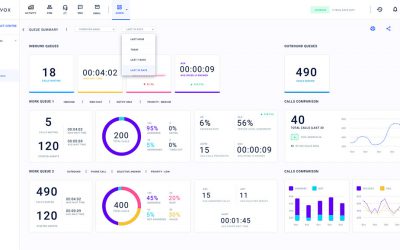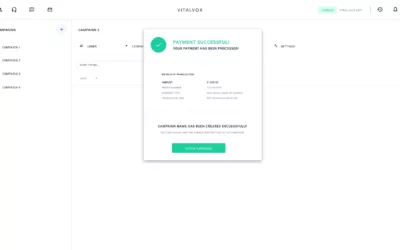As businesses prepare for 2026, the debate between Asterisk vs Proprietary PBX systems continues to gain relevance. Choosing the right PBX (Private Branch Exchange) solution can dramatically affect your call center’s efficiency, scalability, and overall operational costs. Whether you’re upgrading an outdated system or launching a new contact center, it’s essential to understand which platform offers the best return on investment.
What Is a PBX System?
A PBX system allows organizations to manage internal and external phone calls through a centralized network. Traditionally, proprietary PBX systems dominated the space by offering complete, vendor-supported solutions. However, open-source alternatives like Asterisk have surged in popularity, largely due to their flexibility and cost-saving potential.
Therefore, evaluating both options can help businesses make well-informed, future-ready decisions.
Why Compare Asterisk vs Proprietary PBX?
As digital transformation reshapes communication, choosing the right PBX system is more critical than ever. Both Asterisk and proprietary PBX systems offer distinct benefits. Nevertheless, they differ significantly in how they impact:
-
Total cost of ownership
-
Customization capabilities
-
Scalability and cloud-readiness
-
Vendor dependency and support flexibility
By understanding these differences, companies can make strategic decisions that align with long-term business goals.
Asterisk: Open-Source Power and Flexibility
Asterisk is an open-source PBX platform used globally to build powerful and customizable phone systems. It forms the core of many VoIP platforms and is supported by a large community of developers and contributors.
Key advantages of Asterisk include:
-
Cost Efficiency: Since there are no licensing fees, you reduce both initial and long-term expenses.
-
Customization Options: You can modify nearly every feature to suit your exact business needs.
-
Vendor Independence: You’re free to choose the hardware or hosting environment that works best for you.
-
Innovation-Driven Community: Continuous updates and shared knowledge keep the platform cutting-edge.
On the other hand, Asterisk does require technical know-how. Thus, businesses without in-house expertise may need to hire external developers or consultants.
Proprietary PBX: Convenience at a Cost
Proprietary PBX systems are complete solutions provided by major vendors such as Cisco, Avaya, or Mitel. These systems typically offer out-of-the-box functionality, which makes deployment easier and more predictable.
Key advantages of proprietary PBX include:
-
User-Friendly Deployment: Preconfigured systems reduce setup complexity and time.
-
Vendor Support: Ongoing assistance and updates from a single provider simplify maintenance.
-
Integrated Features: Built-in tools for security, reporting, and call management are readily available.
However, this convenience comes at a price. Licensing fees, vendor lock-in, and limited customization can restrict long-term flexibility and inflate costs.
2026 Investment Outlook: Evaluating Value Over Time
Looking ahead to 2026, businesses are increasingly prioritizing adaptability, cloud integration, and cost control. In this context, Asterisk offers greater long-term value, especially for organizations that want complete control over their communication infrastructure.
Asterisk is ideal for:
-
Startups and growing SMBs
-
Companies with development resources
-
Businesses prioritizing customization
-
Organizations seeking cost savings over time
Proprietary PBX is better suited for:
-
Enterprises with large budgets
-
Teams lacking internal IT expertise
-
Organizations that prefer bundled vendor support
-
Companies needing rapid, no-fuss deployment
Ultimately, each business must evaluate which system aligns better with their short- and long-term communication needs.
Which PBX Should You Choose?
The decision between Asterisk vs Proprietary PBX boils down to control versus convenience. If you’re looking for a cost-effective, highly customizable system that scales with your business, Asterisk is likely the smarter investment. On the other hand, if you value ease of use and vendor accountability, proprietary systems might provide more immediate peace of mind.
In either scenario, the investment should serve your business objectives—not just for today but well into the future.
Frequently Asked Questions (FAQs)
1. Is Asterisk secure enough for enterprise use?
Yes. When properly configured and maintained, Asterisk offers enterprise-grade security. However, it does require proactive monitoring and updates.
2. Can proprietary PBX systems be integrated with cloud services?
Many modern proprietary systems offer cloud-based features or hybrid solutions. Still, their integration options are often limited compared to open-source alternatives.
3. What are the hidden costs in proprietary PBX systems?
These systems may involve recurring licensing fees, costly hardware upgrades, and limited third-party compatibility, which can add up quickly.
4. How steep is the learning curve with Asterisk?
It can be significant, especially for teams without prior VoIP or PBX experience. Partnering with an experienced provider can help ease implementation and maintenance.
5. Will Asterisk continue to be supported in the future?
Absolutely. Asterisk has a strong developer community and is actively maintained, making it a sustainable choice for long-term planning.
Ready to Modernize Your Call Center?
Choosing the right PBX system is a strategic decision. Our experts can help you assess your needs and recommend the most effective solution—whether you opt for Asterisk’s open-source versatility or a reliable proprietary setup.
Let us guide your transition to a smarter, more scalable call center infrastructure.
Contact Us
Have questions or need expert guidance on selecting the right PBX system for 2026?
Reach out to our team today to schedule a personalized consultation. We’re ready to help you make the smart investment for your call center’s future.


